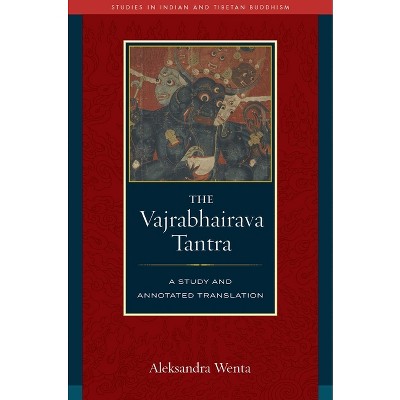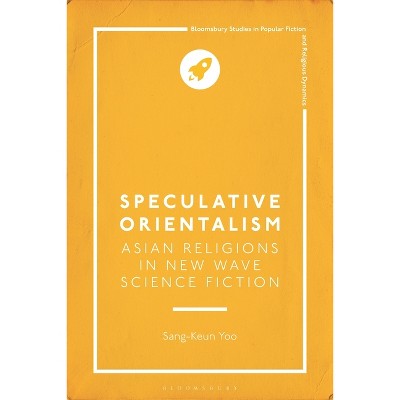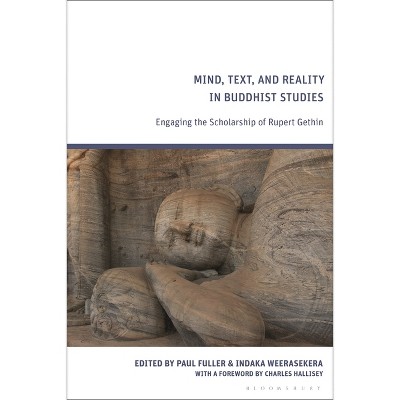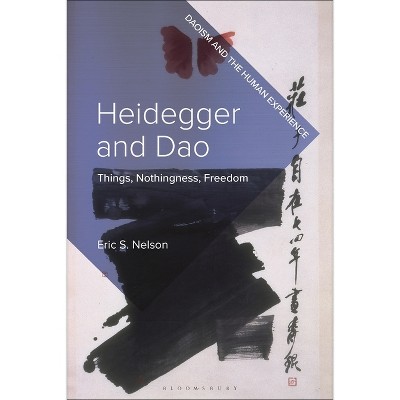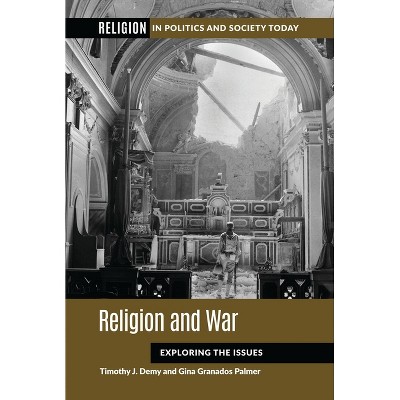About this item
Highlights
- This book focuses on the theme of magic in Tibetan contexts, encompassing both pre-modern and modern text-cultures as well as contemporary practices.
- About the Author: Aleksandra Wenta is Lecturer in Indology and Tibetology at the University of Florence, Italy.
- 272 Pages
- Religion + Beliefs, Buddhism
Description
About the Book
"Presents new methodologies and theoretical frameworks for understanding the contested category of magic in Tibetan contexts"--Book Synopsis
This book focuses on the theme of magic in Tibetan contexts, encompassing both pre-modern and modern text-cultures as well as contemporary practices. It offers a new understanding of the identity and role of magical specialists in both historical and contemporary contexts.
Combining the theoretical approaches of anthropology, ethnography, religious and textual studies, the book aims to shed light on experiences, practices and practitioners that have been frequently marginalized by the normative mainstream monastic Buddhisttraditions and Western Buddhist scholarship, which focuses primarily on meditation and
philosophy. The book explores the intersection between magic/folk practices and Tantra, a complex, socio-religious phenomenon associated not only with the religious and political elites who sponsored it, but also with 'marginal' ethnic groups and social milieus, as well as with lay communities at large, who resorted to ritual agents to fulfil their worldly needs.
Review Quotes
"Magic and Tibet belong together. The perception of magic has been a problem for Western scholars who have not been able to cope with it. The orphan of philosophy and religion is finally treated with respect in this book. I highly recommend it to anyone interested in Tibet and the place of magic in it!" --Daniel Berounsky, Associate Professor, Institute of Asian Studies, Charles University, Prague
"This collection by established and emerging scholars broadens the field of the study of magic in Tibet in unique ways. Instead of delving on general discussions and theory, these essays examine key primary sources that altogether provide a coherent understanding of the practices, functions, agents, and aims of these little understood ritual secrets. No complete works have yet covered so much of the subject as does Tibetan Magic." --Marc Des Jardins, Associate Professor of East Asian Religions, Concordia University, CanadaAbout the Author
Aleksandra Wenta is Lecturer in Indology and Tibetology at the University of Florence, Italy.
Cameron Bailey is an independent scholar, USA.






